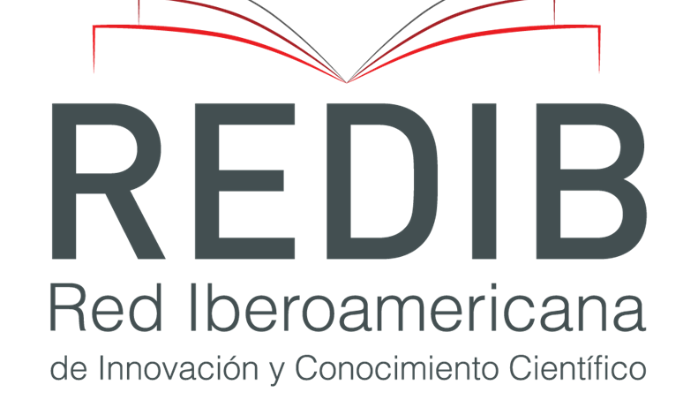Use of generative artificial intelligence in academic contexts: Perception of university students
DOI:
https://doi.org/10.47796/ing.v7i00.1192Keywords:
educational innovation, emerging technologies, responsible use of AIAbstract
The advancement of generative artificial intelligence (GAI) has transformed various fields, including education, generating debates about its impact on learning. In this context, the present study aimed to analyze the perception of academic use of GAI among university students from six universities in southern Peru. A structured questionnaire with 16 items was applied to 280 students from different majors, evaluating three dimensions: assistance in academic writing, support in academic tasks, and critical evaluation, using a five-point Likert scale. Data were analyzed using descriptive and inferential statistics. The results showed widespread adoption of GAI, with ChatGPT as the most used tool (74.8 %), mainly for generating ideas, overcoming writing blocks, and receiving feedback. It was also employed to search for information and develop outlines, although concerns regarding the accuracy of its responses remain. The inferential analysis showed significant associations between the frequency of GAI use and student perceptions of support in academic writing, task assistance, and critical evaluation (χ², p < 0.001), all displaying a positive linear trend. Differences were also identified across academic programs (χ², p = 0.012), while the association with academic semester was marginally significant (χ², p = 0.054). The study highlights the importance of integrating artificial intelligence literacy into university curricula, promoting its critical, creative, and responsible use to address current educational challenges.
Downloads
Downloads
Published
How to Cite
Issue
Section
License
Copyright (c) 2025 Edgar Chaparro Aguilar, Jesús Arias Escobar, Mateo Quispe Capajaña

This work is licensed under a Creative Commons Attribution 4.0 International License.








